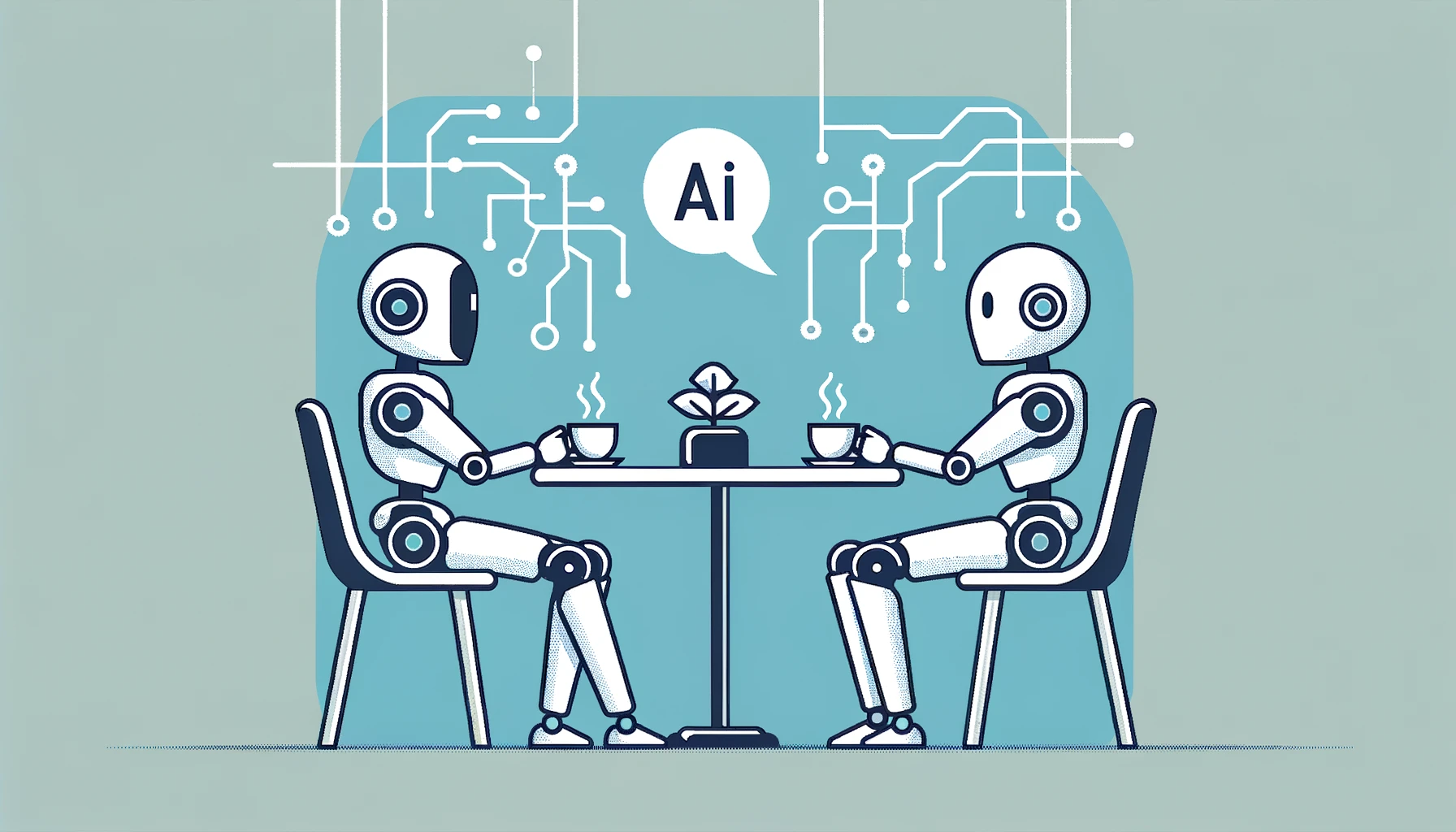
In a groundbreaking announcement today, Anthropic, the AI startup with substantial backing from Google and an impressive portfolio of venture capital investments, has unveiled the latest iteration of its Generative AI (GenAI) technology, Claude 3. This new version is being touted as a significant leap forward, outperforming OpenAI’s GPT-4 in various performance metrics. The introduction of Claude 3 marks a notable advancement in the AI field, promising enhanced capabilities and setting new benchmarks for future developments.
Revolutionary Model Family: Claude 3’s Diverse Range
Claude 3 introduces a family of models – Claude 3 Haiku, Claude 3 Sonnet, and Claude 3 Opus, with Opus being the most robust among them. This diversification signifies Anthropic’s commitment to catering to a wide range of computational needs, from simple poetic compositions to complex analytical tasks.
- Claude 3 Haiku: Designed for brief and impactful analysis.
- Claude 3 Sonnet: Balances depth and efficiency for medium-scale projects.
- Claude 3 Opus: Offers unparalleled power for the most demanding analytical and forecasting tasks.
These models demonstrate “increased capabilities” in analysis, forecasting, and enhanced performance across specific benchmarks, challenging established models like ChatGPT, GPT-4, and Google’s Gemini 1.0 Ultra.
Multimodal Capabilities and Enhanced Performance
Claude 3 stands out as Anthropic’s first multimodal GenAI, capable of processing both text and images. This functionality allows it to interpret photos, charts, graphs, and technical diagrams from various document types. Moreover, Claude 3 can analyze up to 20 images in a single request, facilitating comparative analyses.
However, Anthropic has consciously disabled the models’ ability to identify people, addressing potential ethical and legal concerns. Claude 3 also has limitations in processing “low-quality” images and struggles with spatial reasoning and object counting tasks.
Advanced Interaction and Contextual Understanding
Anthropic emphasizes Claude 3’s superior ability to follow multi-step instructions, produce structured outputs, and engage in multilingual conversations more effectively than its predecessors. A notable feature soon to be introduced is the ability of the models to cite the sources of their answers, enhancing transparency and verifiability.
Expanding Context Window
One of the most significant enhancements in Claude 3 is its expanded context window, initially supporting up to 200,000 tokens, approximately 150,000 words. Select customers will have access to an impressive 1-million-token context window, roughly 700,000 words, aligning with the capabilities of Google’s Gemini 1.5 Pro.
Pricing and Availability
Anthropic has released a detailed pricing structure for Claude 3, aimed at accommodating a range of use cases and budgets.
| Model | Input Tokens Cost (per million) | Output Tokens Cost (per million) |
|---|---|---|
| Opus | $15 | $75 |
| Sonnet | $3 | $15 |
| Haiku | $0.25 | $1.25 |
Opus and Sonnet are currently available through Anthropic’s development console and API, Amazon’s Bedrock platform, and Google’s Vertex AI. Haiku is set to follow later this year.
The Road Ahead: AI Self-Teaching and Beyond
Anthropic’s vision extends far beyond the current capabilities of Claude 3. The company aspires to pioneer a next-generation algorithm for AI self-teaching, potentially revolutionizing virtual assistants and enabling them to perform a myriad of tasks, from email management to creative content generation.
Key Future Enhancements:
- Interaction with other systems and interactive coding.
- Advanced agentic capabilities for automated complex task performance.
Anthropic’s commitment to model intelligence improvement suggests a promising future for GenAI technology, despite acknowledging the current limitations, such as biases and hallucinations inherent in AI models.
Ethical Considerations and Model Training
Anthropic is exploring “constitutional AI” as a novel approach for model training, aiming for more predictable and easily adjustable AI behavior. This method seeks to align AI models more closely with human intentions by adhering to a set of guiding principles, including accessibility for people with disabilities.
With the introduction of Claude 3, Anthropic is not just challenging existing AI paradigms but also setting a new standard for what is possible in GenAI technology. Despite the hurdles, such as potential biases and the limitations of current AI models, Anthropic’s ambitious roadmap and ethical considerations position it as a significant player in the AI landscape. As the company moves forward with its plans to enhance Claude 3 and explore new frontiers in AI technology, the industry watches eagerly to see how these advancements will shape the future of digital innovation.
Related News:
Featured Image courtesy of DALL-E by ChatGPT
